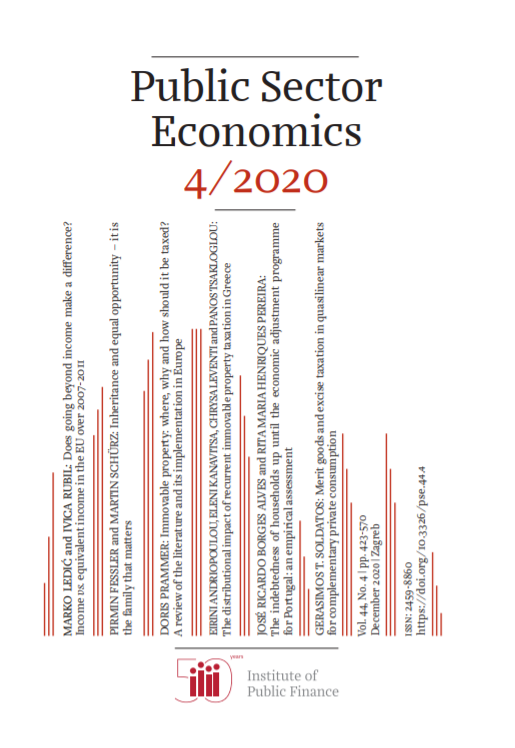The indebtedness of households up until the economic adjustment programme for Portugal: an empirical assessment
Keywords:
indebtedness of households, early warning indicators, credit, PortugalAbstract
Ever since the 2008 financial crisis, authorities have been particularly aware of the necessity to be provided with early warning indicators regarding financial stability. Indeed, the Basel Committee on Banking Supervision suggests conducting an analysis of the difference between the private sector credit-to-GDP ratio and its own long-term trend, even though this ratio has been criticised for its poor suitability to countries that have experienced a rapid build-up of credit. For the past two decades, Portugal has witnessed a dramatic increase in the indebtedness of households and the objective of this paper is precisely to examine the relationship between private credit and GDP from 1961 to 2011. Based on the methodology employed in Kelly, McQuinn and Stuart (2011) for the Portuguese case, our main conclusions are the non-suitability of Basel Committee on Banking Supervision approach for Portugal and the rupture of the link between deposits and credit from 1992 onwards.
Additional Files
Published
How to Cite
Issue
Section
License

This work is licensed under a Creative Commons Attribution-NonCommercial 4.0 International License.









